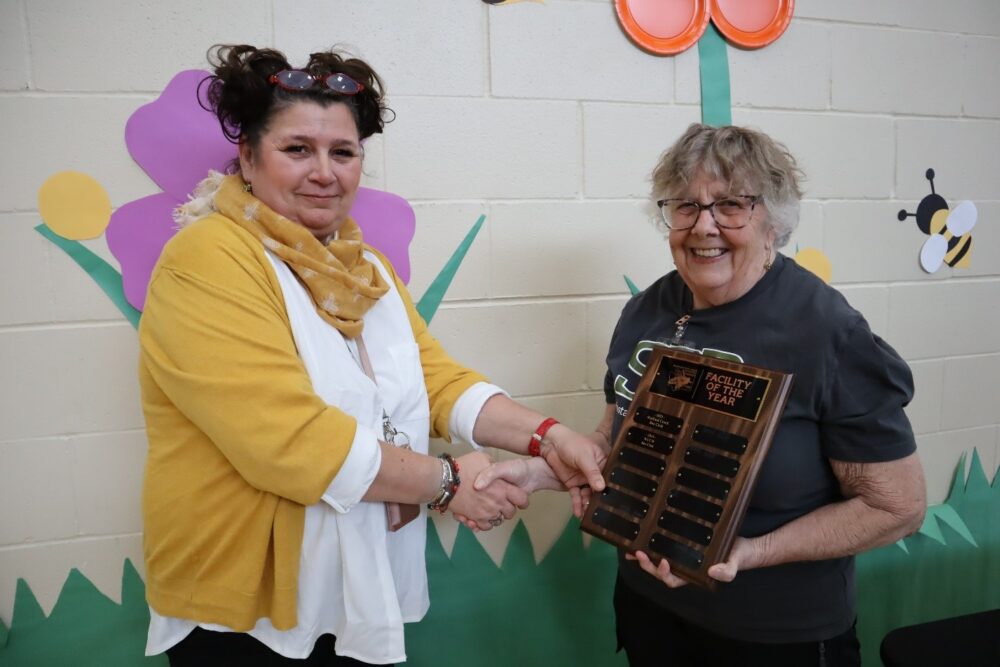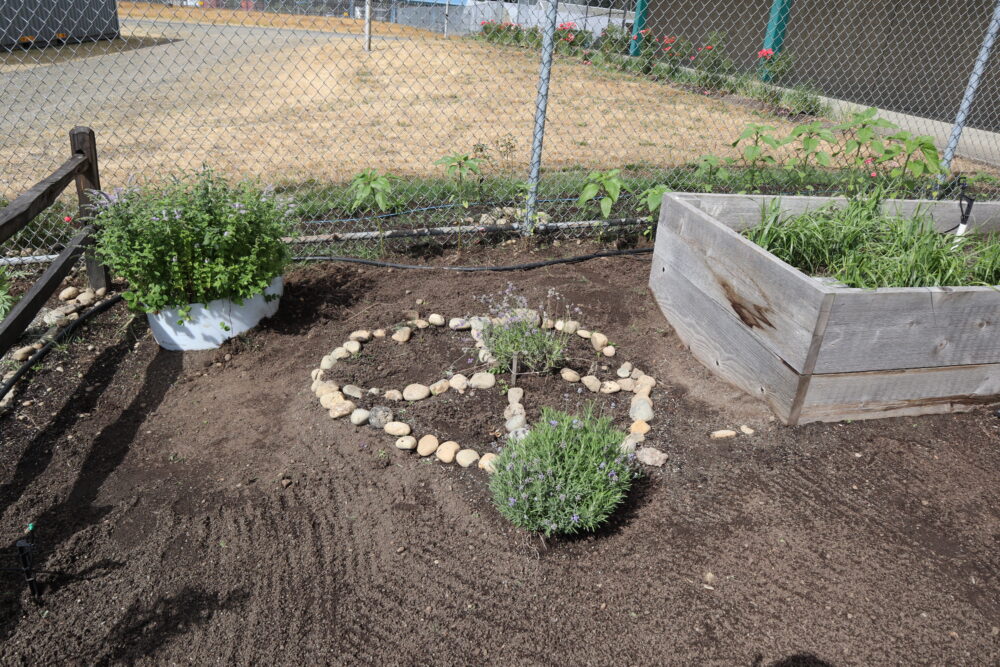“Keeping bees is like honey for your soul” – Incarcerated beekeeper at WASBA’s Beekeeping Facility of Year award ceremony
Written by Anneke Wilder
At the end of March, the Washington Correctional Center for Women (WCCW) celebrated an exciting achievement. The women’s facility won the Washington State Beekeepers Association’s (WASBA) second annual Beekeeping Facility of the Year award for 2024. In a gym beautifully decorated by the WCCW incarcerated beekeepers, attendees celebrated the partnerships and dedicated individuals that made it all possible. Attendees included DOC Secretary Tim Lang, WCCW leadership and staff, WASBA Vice President Ellen Miller, WASBA’s Education lead Sandy Fanara, Sustainability in Prisons Project (SPP) staff, and other volunteers and contributors.


The beekeepers set up educational tables for attendees to learn about all aspects of beekeeping, complete with opportunities to view, touch, and ask questions about the tools and materials necessary to keep bees and extract honey. Varroa mites, the scourge of every beekeeper’s hive, were a significant topic of conversation. Incarcerated beekeepers hoped to raise awareness of the issue through their educational table as well as in speeches during the ceremony.
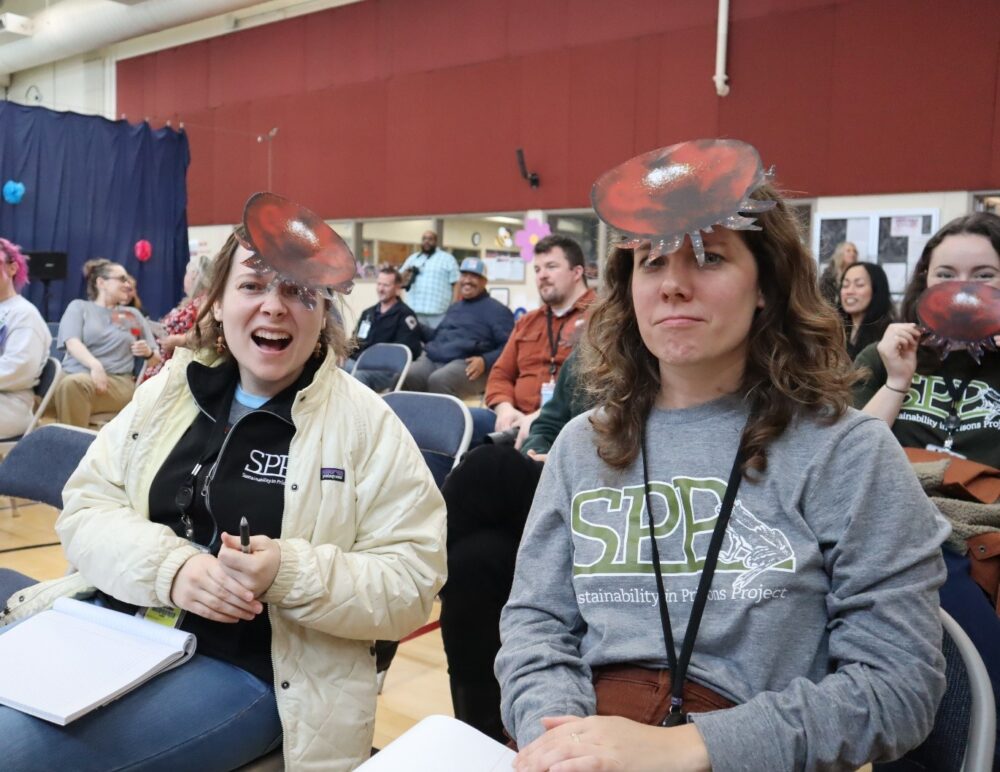
Beekeepers also spoke about the benefits of honey and the importance of bees to both our global community and their community behind bars. Several incarcerated beekeepers emphasized the transformational power of caring for the bees, making connections between beekeeping and their own lives. One woman noted how the bee’s sense of community and dedication to their queen has helped her understand the importance of community in her own life. Another beekeeper warned that if humans don’t cultivate this sense of care for the natural world and each other, it could push our species to extinction.
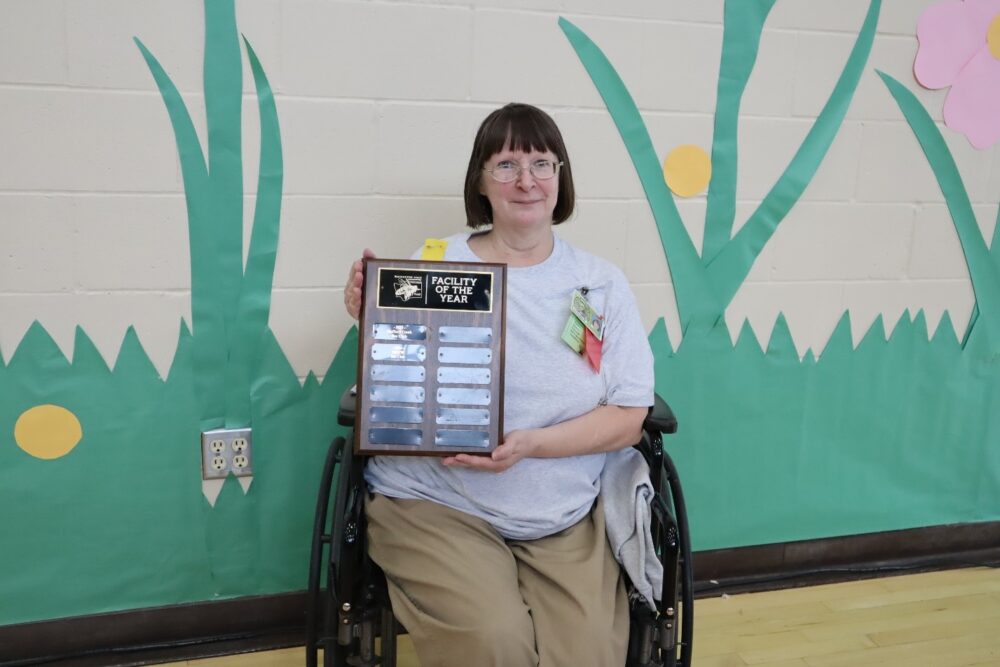
The ceremony wrapped up with the award presentation, a honey tasting, and a gift from the incarcerated individuals to volunteer Sandy Fanara and WASBA: beautiful handmade quilts made by some of the beekeepers themselves.
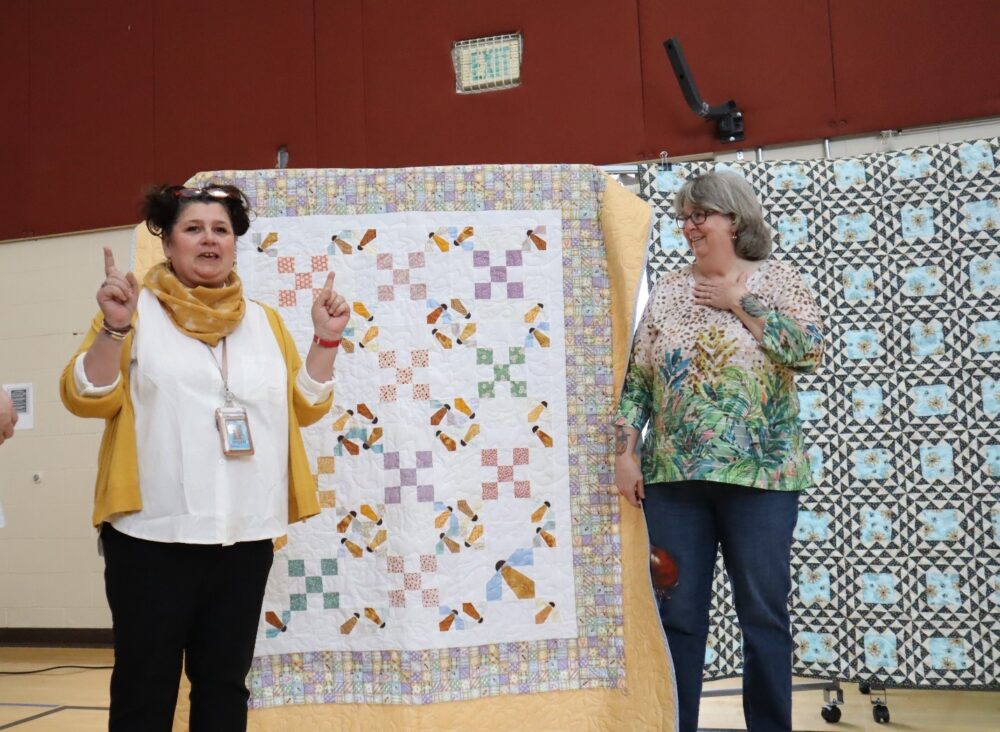
Partnerships, like the one between WASBA, WCCW staff and beekeepers, volunteers, and SPP, strengthen our communities. The resulting patchwork of diverse, dedicated, and inspiring individuals helps to grow the practice of beekeeping within the state of Washington and ensure that our pollinators continue to be respected, protected, and cared for in the generations to come.
